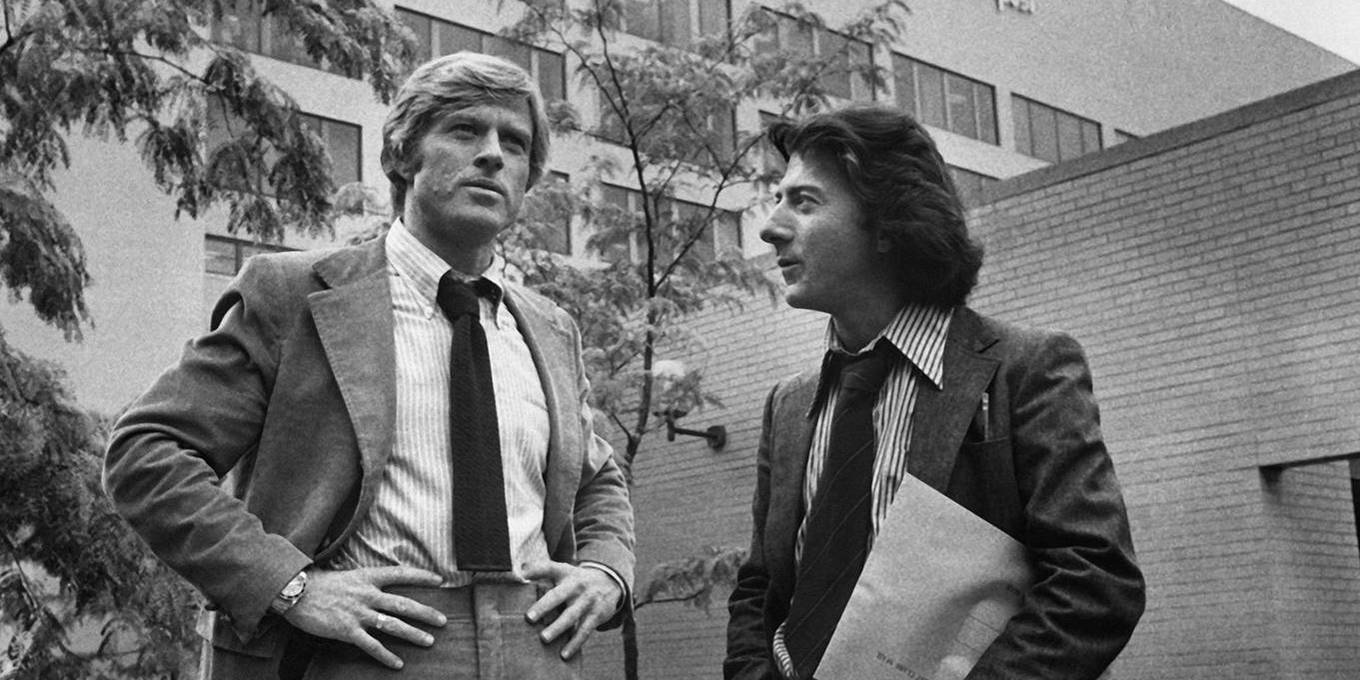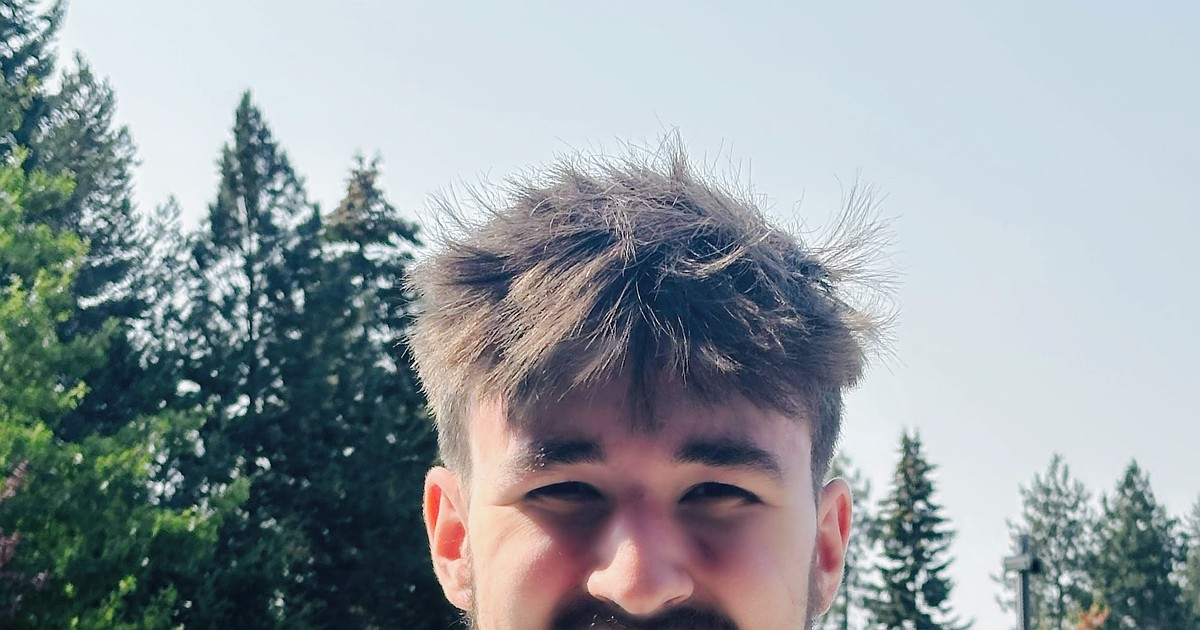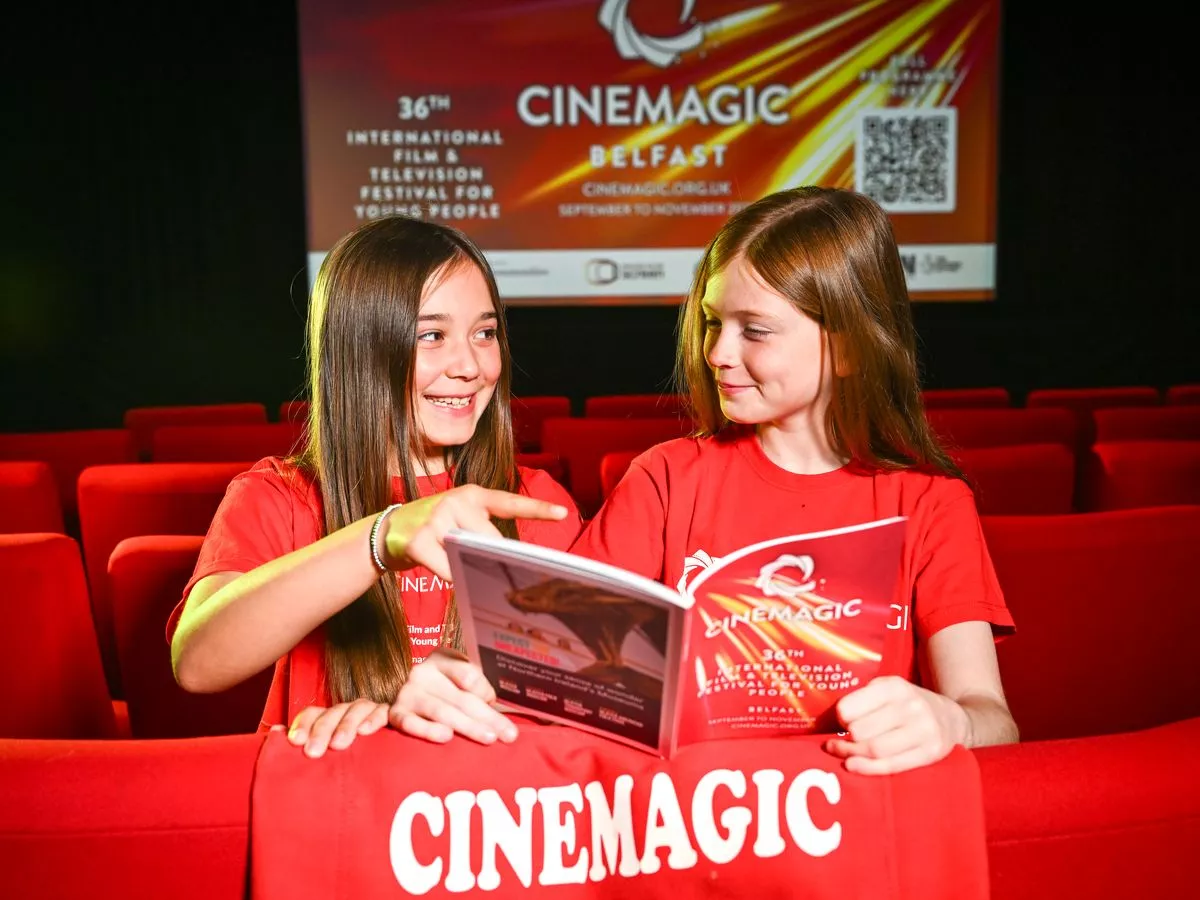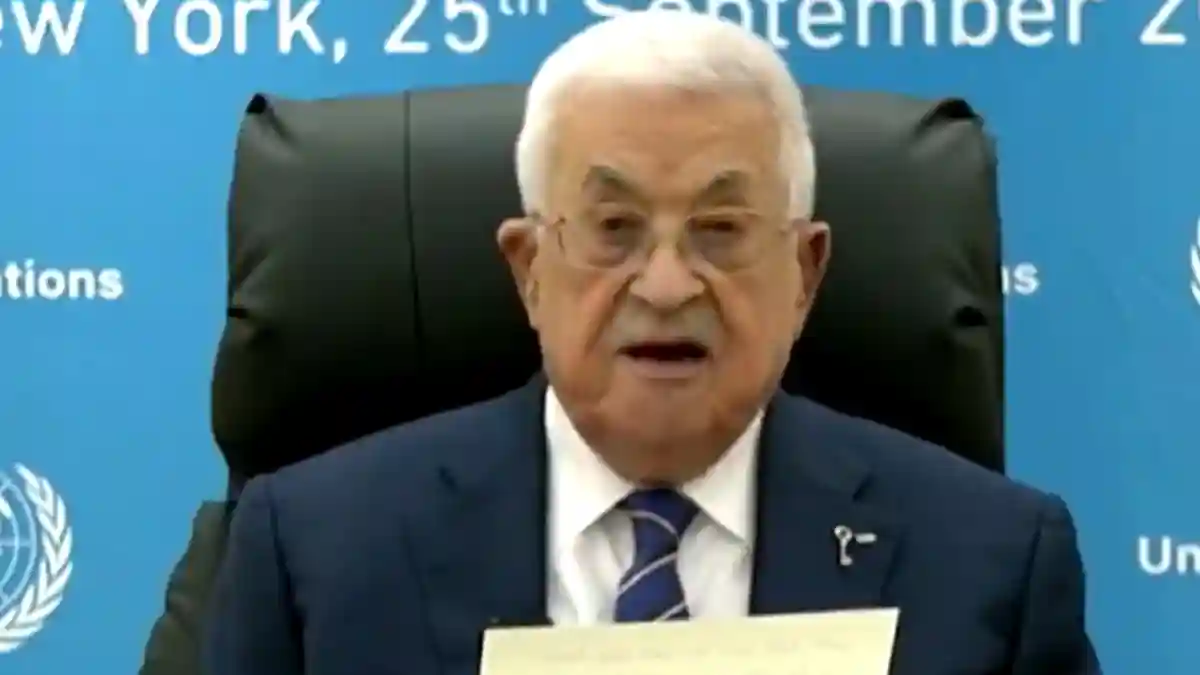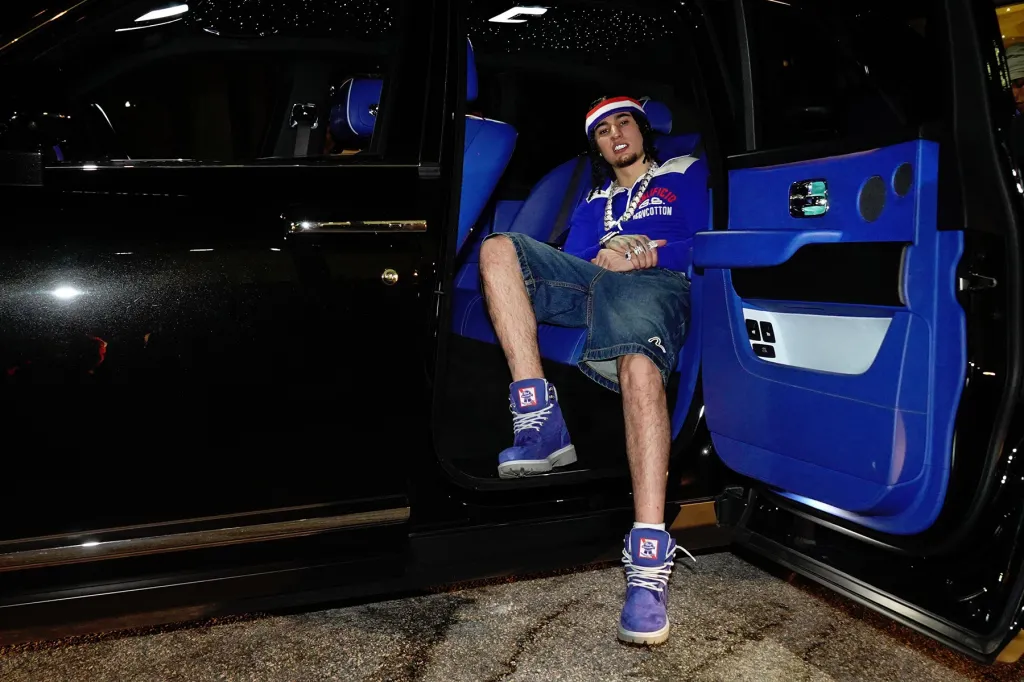
At 22, Rondodasosa is ready to leave it all behind: his city, his language and the scene that made him a star. With Mattia, his final album in Italian, the Milan-born rapper – collaborating with the likes of Central Cee and supported by Drake – is closing a chapter and preparing for the next: in English, in the United States.
“This is the last Italian album of Rondodasosa,” he says. “More than a goodbye, it’s a move. It’s like saying: it’s time to level up. No one in Italy does that, because many are afraid to take risks or just don’t feel up to it.”
Split between the aggressive energy of his drill roots and more emotional, introspective tracks, “Mattia” marks a turning point. Rondo speaks openly about fame, isolation, and the pressure of coming up young in a tough industry. But above all, the album is a rare look behind the armor – a way to show not just Rondodasosa, the artist, but Mattia, the person.
Raised in the San Siro district of Milan, he broke through at 16 and quickly became a key figure in Italian rap. Now, he’s aiming higher. “In America, if you’re different, they support you. Here, they push you out. I’m ready to take the risk.” Below, Billboard Italy‘s cover interview with Rondodasosa.
It’s like the album is divided in two parts – the first being more “Rondo,” more trap-oriented, the second one being more emotional, more Mattia. Do you feel this distinction in yourself?
Yes. Let’s say Rondo is kind of a shell, while Mattia is the person I show only to a few. The album is a sort of transition, like I’m saying “I give you both sides of me, I show the more energetic, aggressive side, but also the more melodic, more emotional one.”
In the album you say: “This is the last Italian album of Rondodasosa.” What’s in your future?
This is going to be the last album in Italian for a while. I’m moving toward America and I’ll start rapping in English. I can’t focus on both things – it’s impossible. This album is closing a chapter. I feel like I’ve made it, but I’ve never truly shown everyone who I really am. It’s a way to close all my story here and begin a new chapter of my life.
Is the album also a goodbye to Italy, in your own way?
More than a goodbye, it’s a move. It’s like saying: it’s time to level up. No one in Italy does that, because many are afraid to take risks or just don’t feel up to it. It’s not for everyone: leaving a market where you’re doing well, where you’ve already made it, to go somewhere where you’re nobody and there are artists who’ve been doing it for years – that’s not easy.
How long have you been thinking about this? I imagine it’s been in your head for a while, especially since in recent years you’ve been the Italian artist most pulling toward the States.
It all started when I was in Miami. The first time I went there for a month to work, I immediately realized that the life I was living was not the life I want – at least not for now. Italy is beautiful, but there’s a world to discover out there. I can’t stay here wasting myself trying to prove something that maybe people won’t understand. I don’t want to burn myself out: I want to close this chapter and step out. In Miami I realized I want to stay there for at least five to ten years. Then, maybe, I’ll come back.
What fascinates you the most about America?
Over there, everything is more real. People are straightforward, they don’t hide anything. Unfortunately, in Italy we have this bad habit of keeping everything inside. In America it’s all spontaneous: if you piss me off, I’ll tell you to your face.
Do you feel freer there?
Yes, because everything is more genuine. You breathe freedom there, something you absolutely don’t feel in Italy: we’re all closed, oppressed. People follow the crowd, nobody has their own line of thought. And if you do, they either leave you out or say you’re crazy. They always find a way to make you look wrong. In America, being “wrong” can become your strength. You can build an empire with it. It’s a free world… as long as you don’t mess up. Because if you do, you pay the consequences.
It seems you’ve never let those dynamics condition you.
Never. With “Blue Tape” I was the first of my generation to release an album without guest artists. I’ve never followed the market’s pressure. I just don’t care. I do things my way, for better or worse. I feel like when they used to teach math problems in school with apples in baskets. I feel like I’m in my own basket, alone.
When did you start working on “Mattia”? What influenced you in particular?
The only influence I had was myself. To make this album I really shut myself out from society, I disappeared. I thought of nothing else but finishing the album. I neglected everything: personal relationships, work, my body, everything. The most emotional part I was completely closed in myself. Then, in the more energetic side, I was still isolated, but I was doing things to make myself feel better. The more conscious tracks were written in a dark period of my life. Then I bounced back, I was reborn, and from there the other seven tracks, more energetic, were born.
In what way do you feel reborn?
Before, I was very materialistic, I put money before people. In part, I still do. I’m very possessive of my things. But I learned the law of attachment: you can’t get too attached to something, because when you lose it, you realize maybe it wasn’t what you truly needed. Now material goods, money, don’t have the same value to me, and that mindset has impacted not just the album, but me as a person.
Have you understood what your priorities are?
More than anything, I understood how the world works. It’s like when you wake up from “The Truman Show” and realize everything you live in is an illusion. I no longer have trust in anything or anyone.
Talking about the success you achieved so young, have you ever thought: “I wish things had gone more slowly”?
Yes, I often blame myself for being too in a hurry at 18-19. But I was naive, I didn’t understand many things, and I was putting too much pressure on myself. I had entered an industry where everyone goes a thousand miles an hour, where people had already been doing it for years. I didn’t have time to look around. I only began to understand recently. But in the end, I believe it’s all part of the process. Until you make mistakes, you’ll never realize where you’re wrong. Only when you mess up can you become a new version of yourself.
Tell me a bit about your relationship with the artists you picked for this album.
I respect Guè a lot. He’s done so much for Italian rap culture. He’s the only one who doesn’t care if you have issues with someone. I support him because he’s real with his cause. He doesn’t care who you are, what your skin color is, or who you have problems with. He’s straightforward. I believe a lot in Ally. I think she’ll be the next big female artist in Italian rap. I can’t wait for her to prove what I think she can. Heartman, instead, has a unique talent. He’s too underrated in Italy, maybe because he never chose to stay comfortable with anyone. He’s a phenomenon, but in Italy he cannot yet be fully understood. It’s something too new.
Will you miss Milan when you leave?
For the food… and for the women.
In “Amico” you say “My friend doesn’t know whether to choose between Rondo and Mattia.” That’s thought‑provoking, because you always hear that success brings more people around you, but sometimes it also cracks relationships you had before, because not everyone is comfortable with that.
It’s true. The problem is you never know people’s true intentions. They can be there for months, putting on a show, telling you things… but you don’t know if they are there for you or for some other reason. I’ve learned not to trust anymore. I expect nothing from anyone. I stay in my world.
It seems a very important track of the album.
I placed it at the end precisely to close a chapter. It’s not just something that happened to me – it happens to millions of people: you get betrayal or disappointment from people you thought were on your side. You give everything, you believe in someone, then you realize it was all fake. An illusion. The human being never settles. We are naturally selfish.
You also say: “How many people have I helped, never getting anything in return.” Do you live that now as remorse, or would you do it again?
I don’t know. Maybe I do it because I follow somewhat the American model, where rappers support each other. In Italy, big artists are afraid to support up‑and‑comers, because they fear losing their place. And part of me understands: the market is saturated, we’re too many, and everyone thinks about themselves. In America, it’s all real. If a rapper has a problem with another rapper, it can really go down. And if they support you, they support you for real: even sending you money when you’re locked up.
Drake, for example…
Exactly. Drake doesn’t care how many followers you have. If he’s down with you, he’s down with you. Here instead everything is convenience. They support you only if they know they’ll get something back. There’s no genuineness or wanting to say: “I believe in this kid, because I see myself in him and I care about him.”
And you? Do you see yourself in someone younger than you?
In no one, because I am unique.
